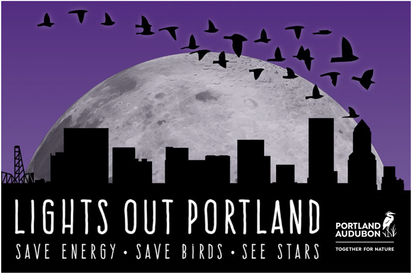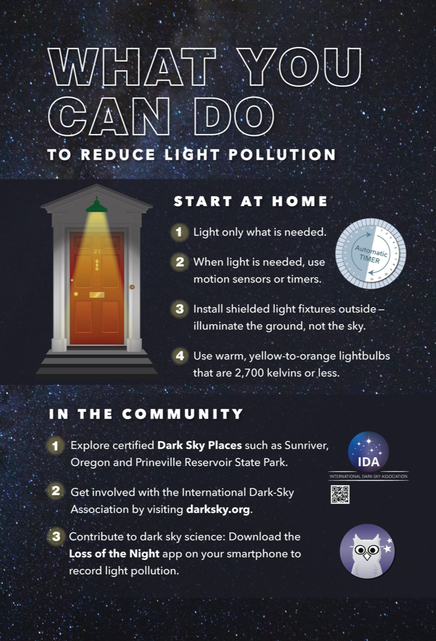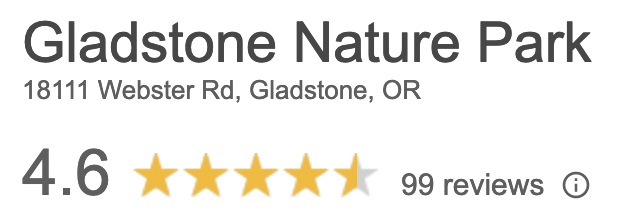Have you noticed the skies getting brighter at night? Is it difficult for you to see the Big Dipper and stars? That’s because our skies are actually getting brighter due to the ever increasing amount of light pollution caused by humans, especially within the last 20 years. Not being able to see stars is one problem, but it’s not the only one. Artificial light can wreak havoc on natural body rhythms in both humans and animals. Nocturnal light interrupts sleep and confuses the circadian rhythm—the internal, 24-hour clock that guides day and night activities and affects physiological processes in nearly all living organisms. Nighttime light make it difficult for birds and other wildlife to find their way, affecting their ability to reproduce or even survive in some cases.
Just as deck, house and garden lights are becoming more and more popular, we need to be mindful of protecting our night for nature’s health. There is a global movement to reduce night light and everyone can help. You can help by using the resources and links from the Portland Audubon Society below. They are asking people to turn off outside lights and close window blinds to reduce light pollution to help birds make it safely to their destination.
Click here to read more from the Portland Audubon Society and Take the Pledge to Go Lights Out. Receive a yard sign or window cling to help spread the word about the importance of dark skies.
Click here to read more from International Dark-Sky Association.
Just as deck, house and garden lights are becoming more and more popular, we need to be mindful of protecting our night for nature’s health. There is a global movement to reduce night light and everyone can help. You can help by using the resources and links from the Portland Audubon Society below. They are asking people to turn off outside lights and close window blinds to reduce light pollution to help birds make it safely to their destination.
Click here to read more from the Portland Audubon Society and Take the Pledge to Go Lights Out. Receive a yard sign or window cling to help spread the word about the importance of dark skies.
Click here to read more from International Dark-Sky Association.



